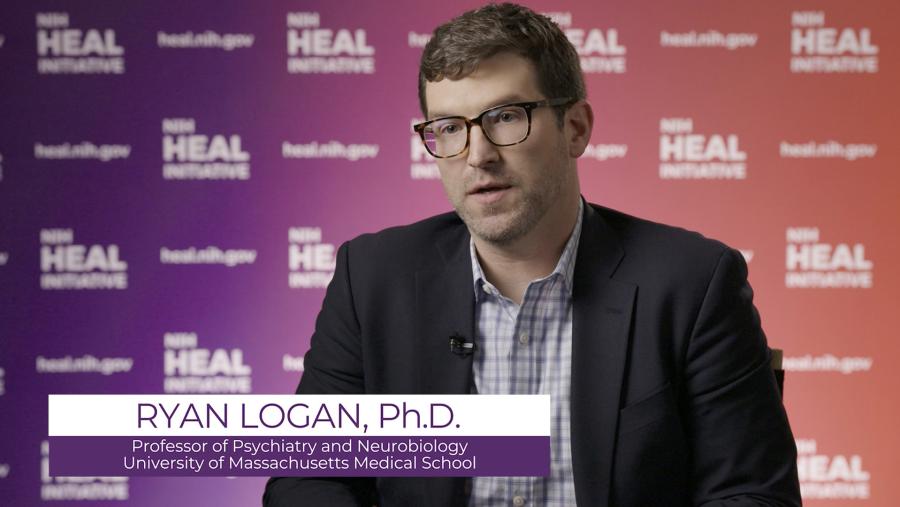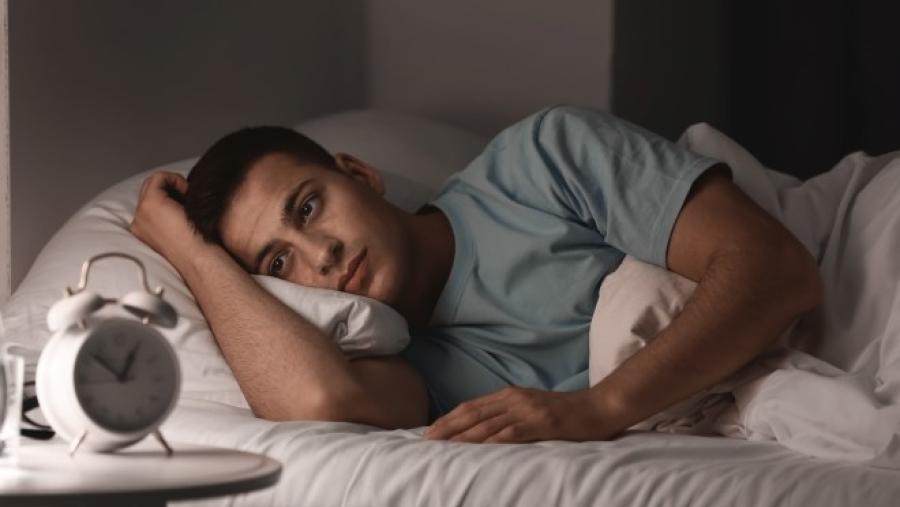Sleep Dysfunction as a Core Feature of Opioid Use Disorder and Recovery
Overview
The Research Need
More than 75 percent of people with opioid use disorder have sleep problems, such as irregular sleep schedules, not sleeping enough, and/or having a sleep disorder (e.g., insomnia, sleep apnea). While inadequate sleep impairs quality of life, it also may contribute directly to addiction, including reward, stress, emotional regulation, decision making, and social engagement.
About the Program
This program supports basic and clinical research to understand how sleep and circadian rhythms are related to opioid addiction, withdrawal, relapse, and response to medication treatment (including existing medications). This research will identify sleep-controlled molecules and pathways that may serve as potential therapeutic targets for preventing and treating opioid use disorder and addiction.
Open Funding Opportunities
There are no Open Funding Opportunities at this time.
Research Examples
Research examples supported by this program include:
- Examining how sleep deficiency affects the risk of relapse in individuals treated for opioid use disorder and whether interventions to improve sleep problems lead to better treatment outcomes
- Studying how sleep problems trigger mechanisms in the brain that increase the risk of opioid misuse
- Investigating the mechanisms that connect sleep disturbance to opioid use disorder, including stress, mood, craving, pain, and addiction risk
- Identifying potential opioid use disorder therapeutic targets to improve sleep and to counteract the effects of sleep disturbance on opiate misuse, addiction, and relapse
- Learning which sleep disturbances influence opioid use disorder medication treatment response
- Studying how medications to treat opioid use disorder affect sleep regulation and circadian rhythms
- Emma Pendleton Bradley Hospital – Rhode Island
- Harvard Pilgrim Health Care, Inc. – Massachusetts
- Henry Ford Health – Michigan
- Johns Hopkins University – Maryland
- Medical College of Wisconsin – Wisconsin
- Penn State Health Hershey Medical Center – Pennsylvania
- SRI International – California
- Stanford University – California
- University of Alabama at Birmingham – Alabama
- University of Pittsburgh – Pennsylvania
- Wayne State University – Michigan
- Yale University – Connecticut
Contact
Participating NIH Institutes, Centers, and Offices
View Other Research Programs in This Focus Area
- Collaborative Care for Polysubstance use in Primary Care Settings (Co-Care)
- Optimizing Care for People with Opioid Use Disorder and Mental Health Conditions
- Optimizing the Duration, Retention, and Discontinuation of Medication Treatment for Opioid Use Disorder
- Preventing Opioid Use Disorder
- Prevention of Progression to Moderate or Severe Opioid Use Disorder (STOP)
 U.S. Department of Health & Human Services
U.S. Department of Health & Human Services




